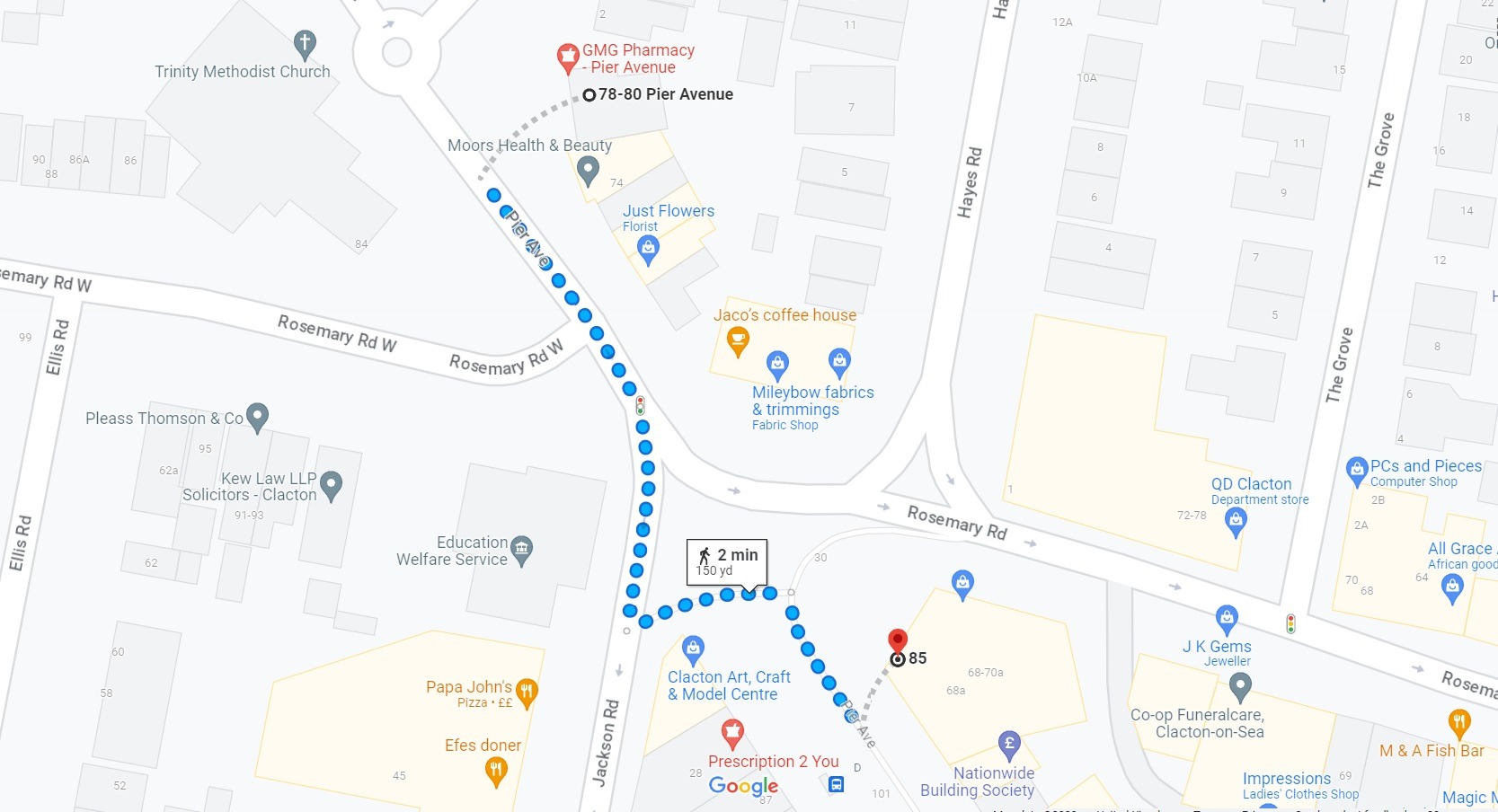How Do You Treat Acid Reflux at Home?

Acid reflux, or heartburn, is a burning sensation in the chest brought on by stomach acid moving up and towards the throat. The condition is known as gastro-oesophageal reflux disease if it persists. When you have chronic acid reflux, your oesophagus allows stomach acid to continuously flow back up into your mouth. This could lead to heartburn, acid reflux, difficulty swallowing, a feeling of food stuck in your throat, and other issues. Continue reading to learn how to treat acid reflux at home in Sudbury.
What are the warning signs of acid reflux?
The primary signs of acid reflux include:
– A burning sensation in the centre of your chest, or heartburn.
– A bad sour taste in the mouth brought on by stomach acid.
You may also experience:
– Hiccups or a cough that keeps coming back.
– Bad breath.
– A hoarse voice.
– Feeling sick and bloating.
Symptoms frequently get worse after eating, while lying down, as well as when bending over.
What is the main cause of acid reflux?
The main cause of acid reflux is a weakness in the lower oesophagal sphincter (LES). LES is a circular muscle that acts as a valve between the oesophagus and the stomach. The LES normally opens to allow food and liquids to pass into the stomach. It then closes to prevent the contents of the stomach from flowing back up into the oesophagus.
When the LES is weakened, it can allow stomach acid to flow back up into the oesophagus, causing the symptoms of acid reflux. There are several factors that can contribute to a weakened LES, including:
Certain foods
Spicy or fatty foods, citrus fruits, chocolate, and caffeine can all relax the LES and increase the risk of acid reflux.
Obesity
Excess weight can put pressure on the stomach and cause the LES to weaken.
Smoking
Nicotine can weaken the LES and also stimulate the production of stomach acid.
Pregnancy
Hormonal changes and the pressure of the growing uterus can cause the LES to weaken in pregnant women.
Hiatal hernia
A condition in which the stomach bulges up into the chest through the diaphragm can also cause acid reflux.

How can I treat acid reflux at home?
There are several things you can do to relieve the symptoms of acid reflux, including:
Avoid trigger foods
Certain foods can trigger acid reflux, including spicy or fatty foods, citrus fruits, chocolate, and caffeine. Try to avoid these foods or eat them in moderation.
Eat smaller, more frequent meals
Eating large meals can put pressure on the stomach and increase the risk of acid reflux. Try to eat smaller, more frequent meals throughout the day.
Don’t lie down after eating
Wait at least three hours after eating before lying down. Lying down can allow stomach acid to flow back up into the oesophagus.
Elevate the head of your bed
Raising the head of your bed by 6 to 8 inches can help prevent stomach acid from flowing back up into the oesophagus while you sleep.
Lose weight
Excess weight can put pressure on the stomach and cause the LES to weaken, increasing the risk of acid reflux. Losing weight can help reduce symptoms.
Quit smoking
Nicotine can weaken the LES and also stimulate the production of stomach acid. Quitting smoking can help reduce symptoms.
Limit alcohol intake
Alcohol use may make acid reflux as well as heartburn worse. Because alcohol increases stomach acid, relaxes the lower oesophagal sphincter, and decreases the oesophagus’s ability to secrete acid, it exacerbates symptoms.
Adopt a low-carb diet
It’s believed that low-carb diets may lessen acid reflux symptoms. Burping is another common side effect of having too many unprocessed carbohydrates in your system, in addition to gas and bloating.
Take over-the-counter medications
Antacids, such as Tums can help neutralise stomach acid and provide temporary relief from acid reflux. H2 blockers can reduce the production of stomach acid, and proton pump inhibitors (PPIs), can also reduce the production of stomach acid and provide longer-lasting relief.
Seek medical advice if your symptoms persist despite these lifestyle changes and medications. Visit your pharmacist or doctor if you also keep experiencing difficulty swallowing, chest pain, or other symptoms for further evaluation and treatment.

How can we help you treat acid reflux at home in Sudbury?
If you continue to experience heartburn, consult us for help. We may suggest alginates or antacids alleviate your discomfort.
It’s advisable to take the antacids with food or right after eating. This is because you are most likely to experience heartburn right after eating. If taken with food, they might continue to work for longer.
Visit your nearest G.M. Graham Pharmacies today to find out how to treat acid reflux at home in Sudbury.
This post was written on behalf of G.M. Graham Pharmacies by Pharmacy Mentor
